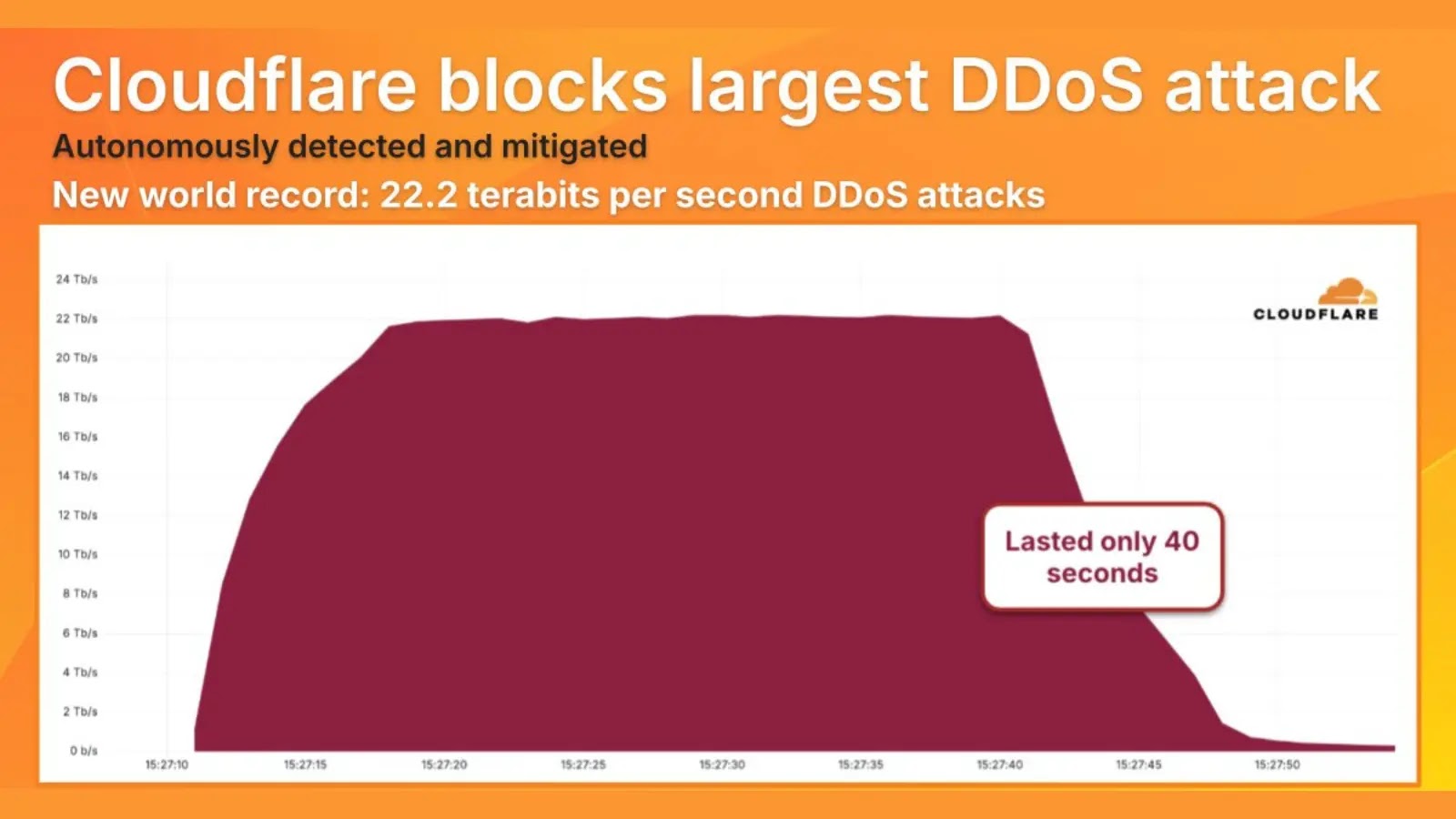In the wake of escalating tensions between Israel and Iran, the Iranian state-sponsored hacking group known as MuddyWater has intensified its cyber espionage activities by deploying advanced variants of the DCHSpy Android spyware. This development underscores the group’s commitment to leveraging sophisticated surveillance tools to monitor and gather intelligence on targeted individuals and organizations.
Background on MuddyWater
Active since at least 2017, MuddyWater—also referred to as Mango Sandstorm, Mercury, Seedworm, and Static Kitten—is recognized for its cyber espionage operations primarily focused on the Middle East. The United States has linked this group to Iran’s Ministry of Intelligence and Security (MOIS), highlighting its role in state-sponsored cyber activities.
Deployment of DCHSpy Amid Conflict
Following the onset of the Israel-Iran conflict, cybersecurity firm Lookout identified new samples of the DCHSpy malware. These samples were strategically deployed against adversaries, masquerading as legitimate VPN or banking applications and utilizing political themes to lure victims. This tactic reflects a calculated approach to exploit the heightened political climate and the trust users place in such applications.
Technical Insights into DCHSpy
DCHSpy is a modular spyware tool designed for comprehensive surveillance. Once installed on a target device, it can:
– Harvest user accounts and contact information.
– Access SMS messages and local files.
– Track location data and call logs.
– Extract information from WhatsApp.
– Control the device’s microphone and camera to record audio and capture photos.
The collected data is then compressed, encrypted using a password obtained from the command-and-control (C&C) server, and uploaded to an SFTP server controlled by the attackers.
Distribution Methods
MuddyWater employs deceptive distribution tactics to propagate DCHSpy. The malware is disseminated through fake URLs shared directly via messaging applications like Telegram. These URLs lead unsuspecting users to download malicious applications disguised as legitimate services, thereby facilitating the infiltration of target devices.
Connection to SandStrike Malware
Further analysis by Lookout revealed that DCHSpy shares infrastructure with another Android spyware known as SandStrike. A SandStrike sample contained a malicious VPN configuration file that connected to MuddyWater’s infrastructure and was used to deploy a PowerShell Remote Access Trojan (RAT). This overlap indicates a coordinated effort by MuddyWater to enhance its surveillance capabilities through multiple malware strains.
Implications and Recommendations
The deployment of advanced spyware like DCHSpy by state-sponsored groups such as MuddyWater highlights the evolving landscape of cyber threats, particularly in regions experiencing geopolitical tensions. Individuals and organizations, especially those in the Middle East, should exercise heightened vigilance.
To mitigate the risk of infection:
– Verify Application Sources: Only download applications from official and trusted sources, such as the Google Play Store.
– Be Cautious with Links: Avoid clicking on unsolicited links, especially those received through messaging apps.
– Regular Updates: Keep your device’s operating system and applications updated to benefit from the latest security patches.
– Install Security Software: Utilize reputable mobile security solutions to detect and prevent malware infections.
By adopting these practices, users can significantly reduce the risk of falling victim to sophisticated spyware campaigns orchestrated by advanced persistent threat (APT) groups like MuddyWater.



